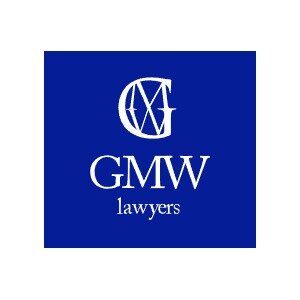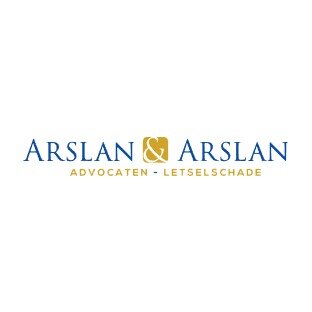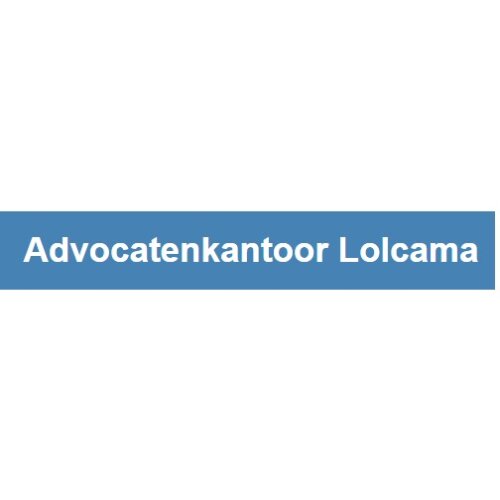Best Structured Finance Lawyers in The Hague
Share your needs with us, get contacted by law firms.
Free. Takes 2 min.
List of the best lawyers in The Hague, Netherlands
About Structured Finance Law in The Hague, Netherlands
Structured finance refers to complex financial transactions that are designed to facilitate funding, investment, or risk management in ways that standard financing cannot. In The Hague, Netherlands, structured finance plays a critical role in the financial system, supporting businesses, banks, and investors in managing large-scale projects, asset pools, or risk exposures. Typical examples of structured finance include securitizations, collateralized debt obligations, asset-backed securities, and other bespoke financing solutions. The Hague, being a key economic and legal center in the Netherlands, attracts international corporates and financial institutions engaged in these sophisticated transactions, making knowledge of local legal and regulatory frameworks essential.
Why You May Need a Lawyer
Structured finance transactions are governed by a complex matrix of contractual, regulatory, and tax considerations. You may need a lawyer in the following situations:
- Drafting, negotiating, or reviewing structured finance agreements or documentation
- Setting up securitization vehicles or special purpose entities (SPEs)
- Ensuring compliance with Dutch and EU financial regulations
- Advising on cross-border structured finance transactions involving Dutch entities
- Managing investor disclosures, due diligence, and risk management practices
- Guidance on tax implications of structured products
- Dealing with disputes or regulatory inquiries related to structured finance deals
- Restructuring or unwinding existing structured finance arrangements
Given the high stakes and intricacies involved, having a specialist lawyer can help mitigate risks and ensure transactions proceed smoothly.
Local Laws Overview
Several key laws and regulations influence structured finance in The Hague, Netherlands:
- Dutch Civil Code - Governs contract law, property rights, and aspects relevant to setting up special purpose entities and transfer of assets.
- Financial Supervision Act (Wet op het financieel toezicht) - Sets out regulatory requirements for financial institutions and structured finance products, including licensing and conduct rules.
- Tax Laws - Dutch tax legislation, including corporate tax and VAT, impacts the setup and ongoing management of structured finance transactions and can influence transaction structures.
- EU Regulations - European Union's Securitisation Regulation and Capital Requirements Regulation apply to Dutch entities, influencing transparency, reporting, and risk retention for structured products.
- Bankruptcy Code - Ensures proper ring-fencing (or bankruptcy remoteness) of securitized assets and guides legal recourse in case of default.
In The Hague, the jurisdictional setting also means parties may benefit from the city's strong dispute resolution mechanisms and the presence of international legal expertise.
Frequently Asked Questions
What is structured finance?
Structured finance refers to specialized financial instruments or transactions designed to meet unique financing needs that cannot be resolved by conventional lending. This typically involves pooling assets and creating securities backed by those assets.
Who regulates structured finance transactions in The Hague?
The Dutch Authority for the Financial Markets (AFM) supervises financial markets including structured finance transactions. The Dutch Central Bank (DNB) oversees prudential regulation. EU regulations may also apply.
What types of assets can be securitized in the Netherlands?
Common assets include residential mortgages, commercial loans, lease receivables, consumer loans, and trade receivables. Dutch law allows a broad range of financial assets for securitization.
How can I ensure my structured finance transaction is compliant?
Compliance involves adhering to local and EU laws on licensing, reporting, risk retention, and investor disclosure. Legal advice is crucial for contract drafting and regulatory filings.
What are the tax implications of structured finance deals in The Hague?
Taxation depends on deal structure, the nature of assets, and the parties involved. Common issues include VAT, withholding tax, and corporate income tax. Specialist tax advice is recommended.
What is the role of a special purpose entity (SPE)?
An SPE is a separate legal entity established to isolate financial risk. It's commonly used in structured finance to hold assets and issue securities, ensuring bankruptcy remoteness from the originator.
Are there specific reporting requirements?
Yes. Both Dutch law and EU regulations require detailed disclosure to investors and regulators, including asset performance, risk retention, and periodic reporting.
Can foreign investors participate in Dutch structured finance deals?
Yes. The Dutch legal system welcomes foreign participation, but anti-money laundering and know-your-customer regulations apply. Transactions may also be influenced by EU cross-border rules.
How are disputes in structured finance transactions resolved?
Disputes can be settled via Dutch courts or arbitration. The Hague is known for its robust legal infrastructure and established dispute resolution mechanisms.
What legal risks should I be aware of?
Risks include regulatory breaches, enforceability of security or transfer arrangements, insolvency risks, and tax pitfalls. Engaging a specialized lawyer helps identify and manage these risks proactively.
Additional Resources
- Dutch Authority for the Financial Markets (AFM)
- Dutch Central Bank (DNB)
- Netherlands Arbitration Institute
- Dutch Ministry of Finance
- Local branches of international law firms specializing in banking and finance
- Netherlands Bar Association
- European Securities and Markets Authority (ESMA) for EU-wide regulations
- Local business chambers and trade groups focused on financial services
Next Steps
If you need legal assistance regarding structured finance in The Hague, consider taking the following steps:
- Identify the nature and scope of your transaction or legal issue
- Gather all relevant documentation and background information
- Consult a lawyer with specialization in structured finance, banking law, or financial regulation in the Netherlands
- Ask about their experience with similar transactions and knowledge of both Dutch and EU regulations
- Collaborate with your legal advisor to ensure full compliance and effective risk mitigation throughout the process
- Stay informed about regulatory developments and industry-wide changes that may affect your transaction
Taking a proactive approach and leveraging expert legal guidance will help ensure the success and security of your structured finance activities in The Hague.
Lawzana helps you find the best lawyers and law firms in The Hague through a curated and pre-screened list of qualified legal professionals. Our platform offers rankings and detailed profiles of attorneys and law firms, allowing you to compare based on practice areas, including Structured Finance, experience, and client feedback.
Each profile includes a description of the firm's areas of practice, client reviews, team members and partners, year of establishment, spoken languages, office locations, contact information, social media presence, and any published articles or resources. Most firms on our platform speak English and are experienced in both local and international legal matters.
Get a quote from top-rated law firms in The Hague, Netherlands — quickly, securely, and without unnecessary hassle.
Disclaimer:
The information provided on this page is for general informational purposes only and does not constitute legal advice. While we strive to ensure the accuracy and relevance of the content, legal information may change over time, and interpretations of the law can vary. You should always consult with a qualified legal professional for advice specific to your situation.
We disclaim all liability for actions taken or not taken based on the content of this page. If you believe any information is incorrect or outdated, please contact us, and we will review and update it where appropriate.










